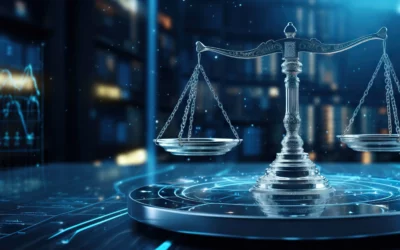
Written by Derek Monson
June 8, 2020
Politics and public health should be like sick people and healthy people: kept apart as much as possible. Politics erodes everything that it touches, especially in a public health crisis.
Take recent statements from public health experts regarding the ongoing protests over police tactics after the death of George Floyd. Like the millions of Americans who have supported peaceful protests opposing racism, public health experts are doubtless genuine in their statements of support. However, the timing of these statements – amid consistent messages from many of the same public health experts to avoid large public gatherings and practice social distancing, neither of which is being followed by many protesters – has created an opening for some to question whether these statements have political motivations.
Of course, no one should begrudge a citizen with a public health background their personal opinion about the protests. Some experts have even said their support for the protests is grounded in public health concerns. But if a public perception takes hold that politics is driving this support, the credibility of public health experts will be damaged. The next time the experts issue guidelines or restrictions on Americans, a significant number may wonder whether politics or public health are behind them.
Even the mere perception of politics can erode public trust. Recent personnel shifts between the FDA and Operation Warp Speed – the federal government’s COVID vaccine initiative – have raised questions for some about political influence on the development of a vaccine. Is federal vaccine oversight grounded in scientific standards or political considerations? Because both public health officials and people with a more political mindset are involved, the most likely answer is that there is a mix of both (as is the case in nearly all policy decisions).
But the public perception of political influence in the process could damage both economic recovery and public health.
If the public perceives that federal approval of vaccines is politically driven, many won’t feel safe getting vaccinated. Delays in achieving widespread immunity could mean that millions of Americans and thousands of Utahns suffer greater financial hardships and more sickness as the pandemic needlessly continues.
The possibility of this scenario is backed up by local public opinion polling, which reports significant partisan and ideological differences regarding optimism over how quickly a vaccine will be developed.
The solution requires government officials – elected and otherwise – to speak and act in ways designed to protect the integrity of and public trust in our public health infrastructure and vaccine safety protocols.
This may mean that public health experts refrain from public comment on controversial issues when we are in the middle of a pandemic. It may also mean review of federal and state vaccine regulations to ensure they are balancing sufficient vetting of potential vaccines with ensuring convenient public access to vaccines determined to be safe and effective.
A public health crisis does enough damage to a free society by itself. It doesn’t need help from the perceived injection of politics into public health expertise and policy decisions. Instead of acting in a way that might come back to hurt us later, let’s just do what must be done to keep politics out of it.
More Insights
Read More
App store regulations are necessary, constitutional, and popular
In the absence of age verification requirements, there are no limitations on what apps children or youth can download. This raises at least two significant concerns.
The (AI) doctor will see you now? Exploring the potential of artificial intelligence in healthcare
Could AI replace your doctor or simply help them better do their jobs?
How 16 Utah school districts are strengthening parental partnership through online access
Parents and schools are better education partners when schools provide parents with access to curriculum information and parents effectively utilize it to support their students.


